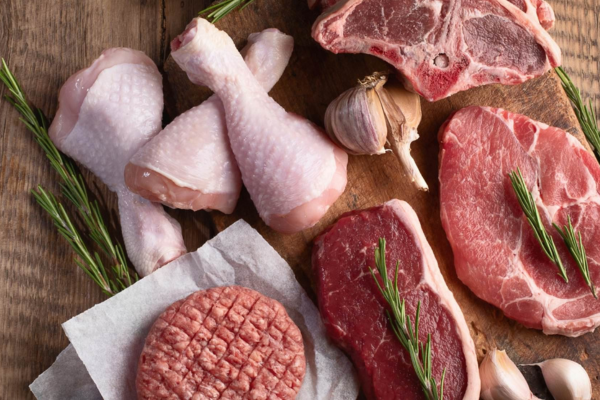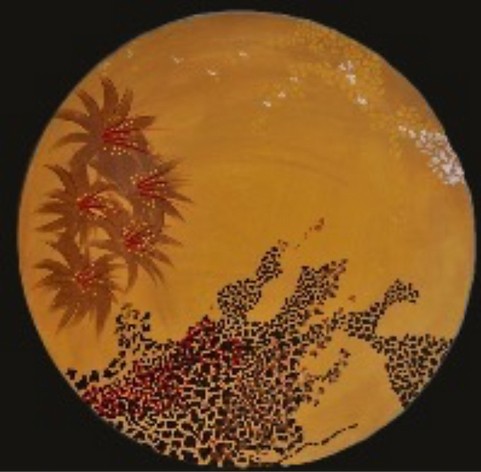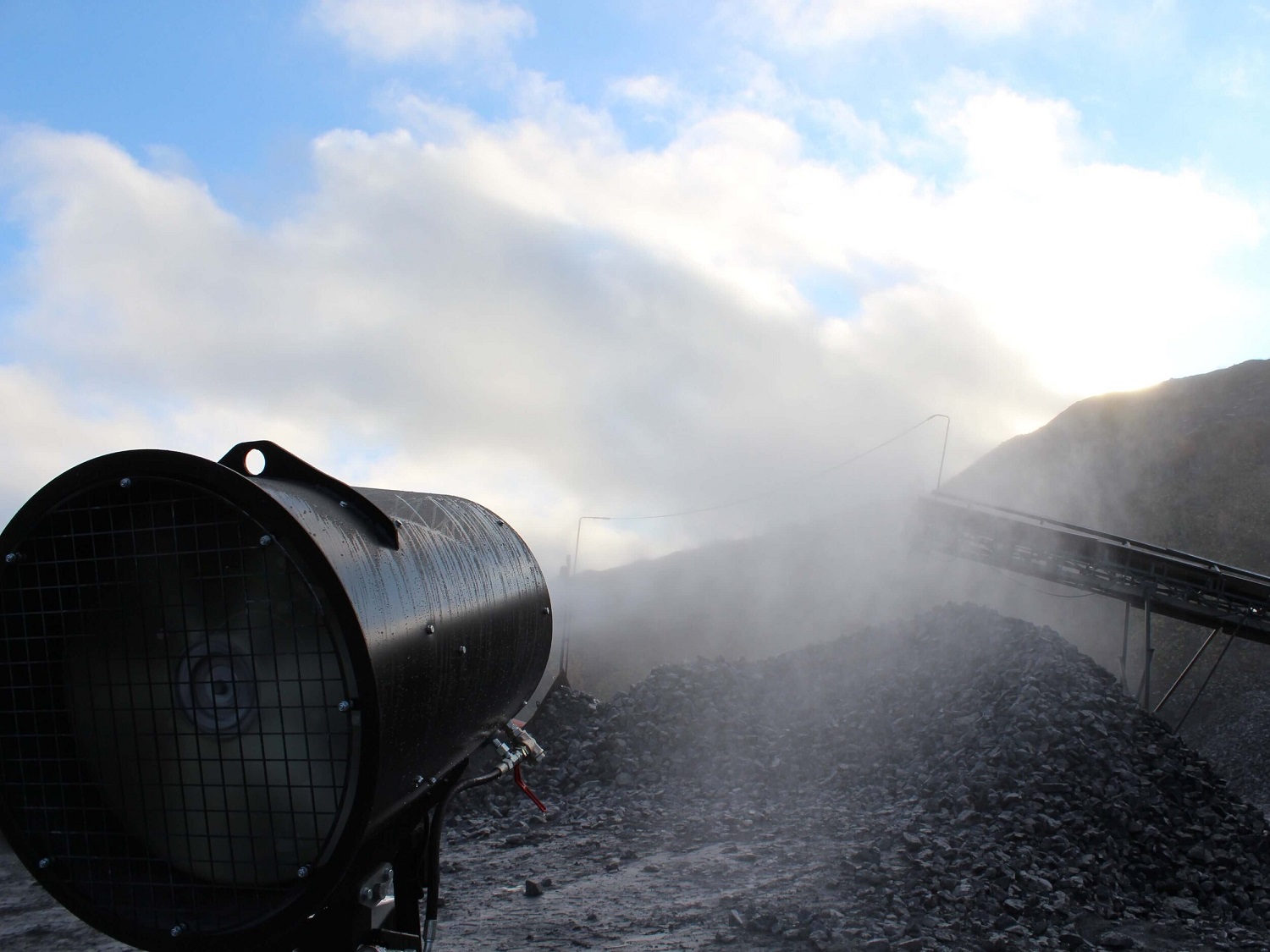In Oakland, California, a revolution is happening in the meat industry, particularly concerning how veal is produced. Traditionally, veal production has been criticized for its ethical issues, including the treatment and welfare of calves.
However, a growing number of farms and businesses in Oakland are leading the charge in transforming this industry by adopting more sustainable and ethical practices. This article explores the movement towards sustainable veal in Oakland, what makes it different, and why it matters.
What is Sustainable Veal?
Sustainable veal refers to veal produced from calves that are raised under humane conditions. These calves are given proper space to roam, socialize with other animals, and are fed a natural diet. This approach contrasts sharply with traditional veal farming, where calves are often confined and fed diets that may not support their natural growth and health.
Why Oakland?
Oakland has become a hub for sustainable food practices due to its community of environmentally conscious consumers and activists. The city’s culture of innovation and social justice extends into its culinary industry, making it a fertile ground for sustainable veal production. Local butchers and chefs often collaborate with nearby farms to ensure that the veal they use meets high ethical and environmental standards.
The Benefits of Sustainable Veal Production
- Animal Welfare
The primary benefit of sustainable veal is the improved welfare of the calves. In humane farming setups, calves are not isolated but live in conditions that respect their natural behaviors. They experience less stress, which not only makes their lives better but also improves their health.
- Environmental Impact
Sustainable veal farming practices have a lower environmental impact than traditional methods. By allowing calves to graze on grass, these practices help maintain healthy soil and reduce the need for chemical fertilizers, which can be harmful to the environment. Additionally, local farming reduces the carbon footprint associated with transporting meat over long distances.
- Health Benefits for Consumers
Veal from calves that are raised in stress-free environments and fed natural diets is of higher quality and nutritionally superior. It is likely to be richer in omega-3 fatty acids and antioxidants, which are beneficial for human health.
- Supporting Local Economies
When consumers choose sustainable veal, they support local farmers who employ ethical practices. This support helps sustain the local economy and encourages more farmers to adopt humane practices.
Challenges in Sustainable Veal Production
While the benefits are significant, there are challenges to sustainable veal production:
- Cost
Raising calves in humane conditions can be more costly than traditional methods. These costs may be passed on to consumers, potentially making sustainable veal more expensive than non-sustainable alternatives.
- Scaling Up
Scaling up sustainable practices to meet large demand without compromising ethical standards is a major challenge. It requires significant investment in infrastructure and training for farmers.
- Consumer Awareness
Many consumers are not fully aware of the differences between sustainable and traditional veal. Education and awareness campaigns are crucial for changing purchasing habits.
The Role of Consumers
Consumers have a powerful role to play in supporting sustainable veal production. By choosing to purchase veal from ethical sources, consumers can drive demand for humane practices. They can also spread the word about the importance of sustainable practices, influencing others in their community.
The Future of Sustainable Veal in Oakland
The future looks promising for sustainable veal in Oakland. With a strong community of conscious consumers and an ever-growing network of ethical farmers, Oakland is setting a model for others to follow. As more people become aware of and support sustainable practices, it could lead to significant changes in the meat industry both locally and nationally. For More Information
Conclusion
Sustainable production veal in Oakland is more than just a local trend—it is part of a broader movement towards ethical and environmentally friendly food production. By focusing on animal welfare, reducing environmental impact, and supporting local economies, this approach offers a hopeful vision of what the future of farming could look like. For those in Oakland and beyond, choosing sustainable veal is not just about enjoying high-quality meat but making a positive impact on the world. Thank visiting integratedblogs.com





